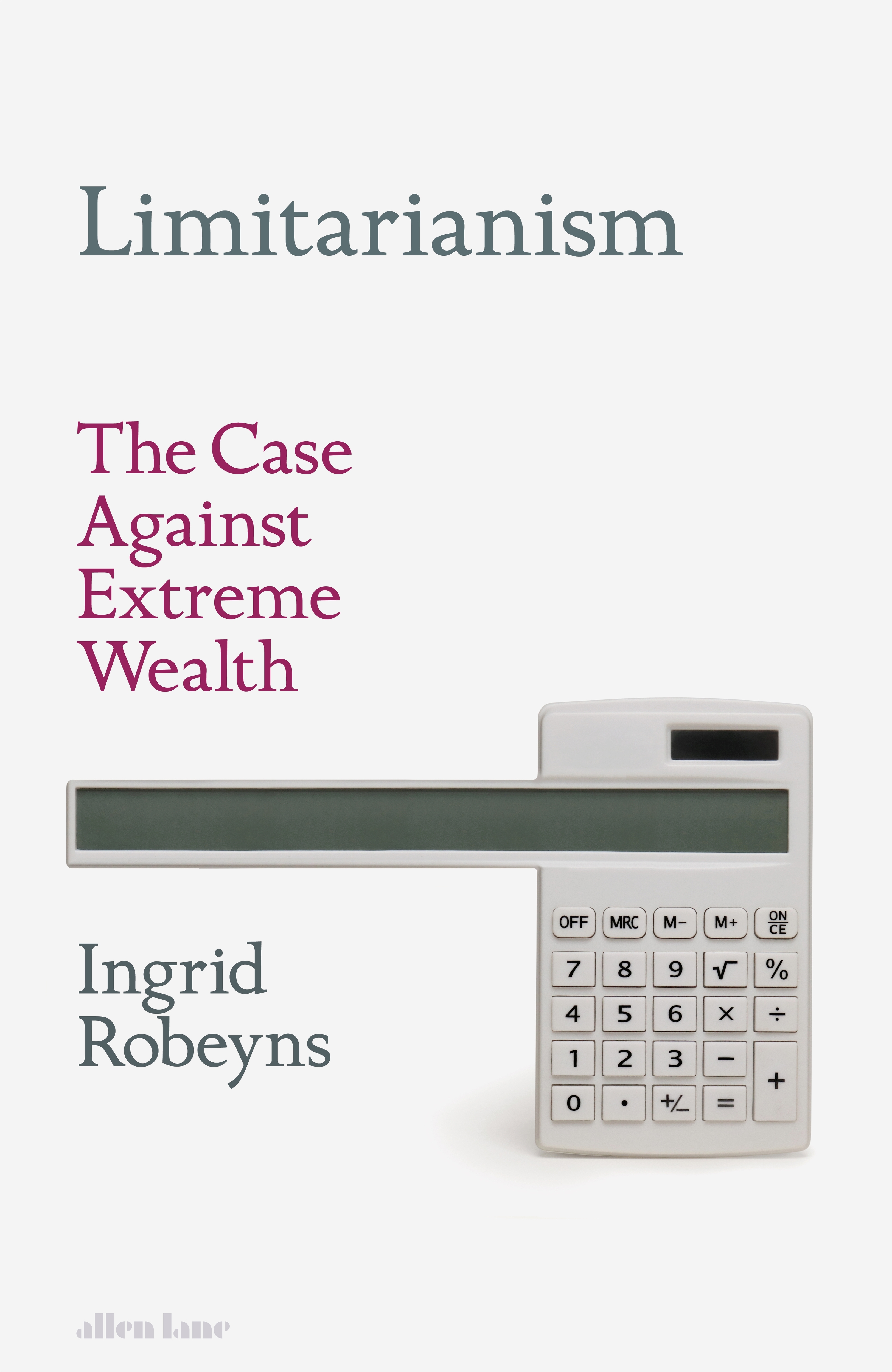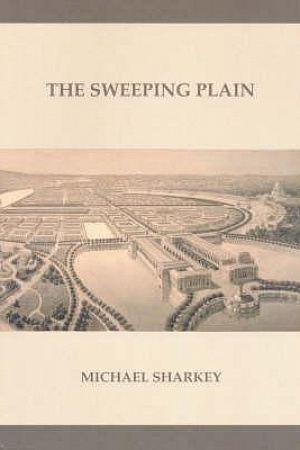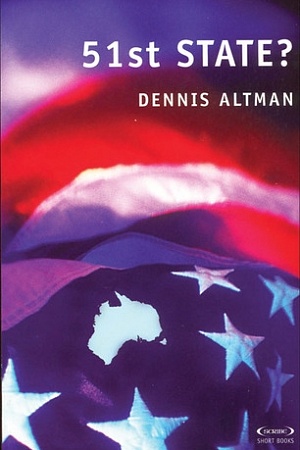Limitarianism: The case against extreme wealth
Allen Lane, $55 hb, 328 pp
Time’s up?
Can people have too much wealth? Does extreme wealth have negative consequences? Over the past thirty years, there has been a remarkable rise in the number of billionaires whose annual earnings are so large that they are often difficult to comprehend. To take but one example, it was estimated in 2022 by Forbes magazine that Elon Musk’s personal assets were worth $219 billion and that, if he worked for forty-five years, his lifetime hourly rate from these assets was in the order of US$1,871,794.
Further, many of those in the ranks of the super-rich regularly engage in spectacular forms of conspicuous consumption that appear frivolous and wasteful – think of Jeff Bezos’s 2021 flight into space – especially when one considers the extreme forms of poverty and unmet need that exist across the globe. It is unsurprising, when confronted by these forms of extravagance, that many find such extreme forms of wealth to be morally repugnant.
Continue reading for only $10 per month. Subscribe and gain full access to Australian Book Review. Already a subscriber? Sign in. If you need assistance, feel free to contact us.















Comments (2)
Leave a comment
If you are an ABR subscriber, you will need to sign in to post a comment.
If you have forgotten your sign in details, or if you receive an error message when trying to submit your comment, please email your comment (and the name of the article to which it relates) to ABR Comments. We will review your comment and, subject to approval, we will post it under your name.
Please note that all comments must be approved by ABR and comply with our Terms & Conditions.